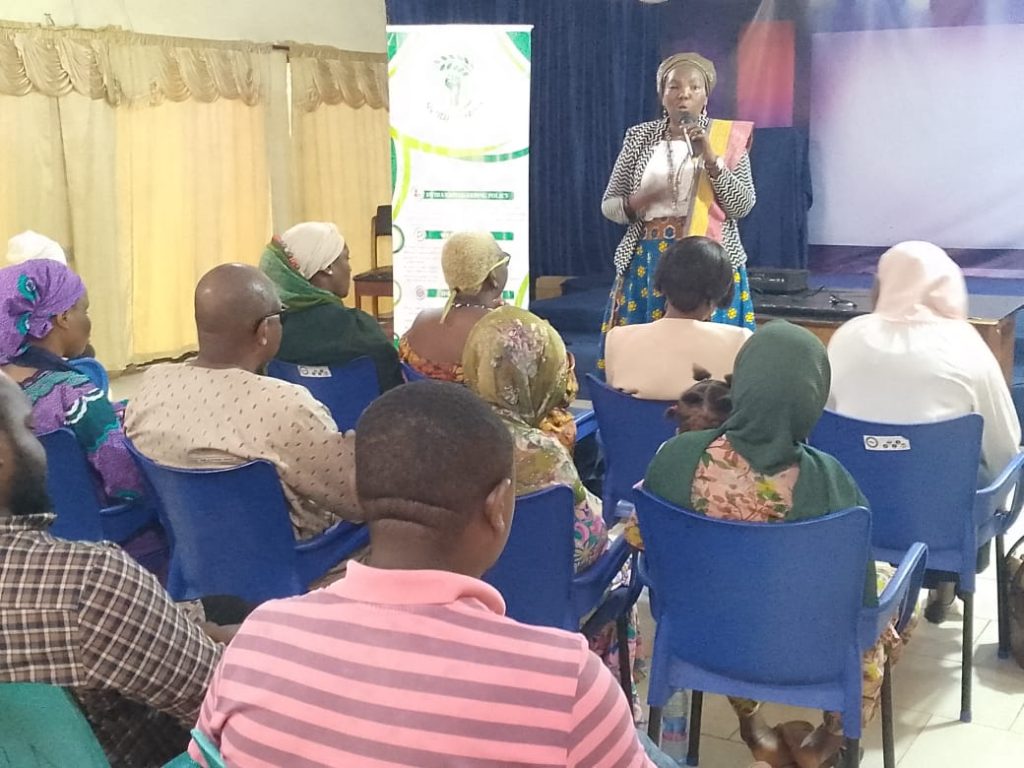|
Getting your Trinity Audio player ready...
|
A day’s engagement forum, targeted at providing a platform for marginalized social groups to share their experiences, challenges, and recommendations with policymakers and stakeholders, has been held in Tamale.
The forum is aimed at fostering dialogue between excluded groups, policymakers, and local-level stakeholders as part of efforts to advocate for the development and implementation of inclusive policies that enhance the active participation of marginalized communities in governance. The event was organized by the Savannah Women Integrated Development Agency (SWIDA-Ghana), with funding support from Star Ghana Foundation and the Foreign Commonwealth and Development Office.
The engagement forum is part of SWIDA-Ghana’s ongoing initiative, dubbed “Enhancing the Inclusion of Marginalized Groups in Governance through Policy Engagement with Policy Implementers at the District Level.” The initiative seeks to amplify the voices of excluded social groups, including women, youth, persons with disabilities, and Fulbe communities in the Northern and Savannah Regions.
Key stakeholders at the forum included representatives from the Northern Regional Secretariat of the National Youth Authority, National Commission for Civic Education (NCCE), Department of Gender and Social Protection, Ghana Enterprises Agency, Department of Social Welfare, Youth Employment Agency, and the Ghana Education Service. Representatives from the Fulbe communities and various disability groups under the Ghana Federation of Disability Organizations (GFD) also participated in the engagement.
Hajia Alima Sagito Saeed, Executive Director of SWIDA-Ghana, highlighted the initiative’s purpose, stating that it aimed at strengthening policies that promote the inclusion of excluded social groups in decision-making processes. She emphasized that the initiative would build the capacity of marginalized groups to engage in governance and policy advocacy, while establishing a monitoring mechanism to track progress on inclusion and policy implementation.
Mrs Abubakari Shahadatu Nima, Northern Regional President of GFD, explained challenges faced by persons with disabilities, particularly in accessing healthcare services due to lack of accessible facilities, equipment, and trained healthcare professionals. She added that many schools lack the necessary infrastructure and specialized teachers to support students with disabilities, contributing to low educational attainment, limited opportunities, and cycles of poverty.
Alhaji Mohammed Aliyu, Northern Regional Director of the NCCE, reaffirmed the Commission’s commitment to advocating the rights and interests of persons with disabilities. He stated that the Commission would continue to sensitise members of the public, as well as state and non-state actors, on the needs and rights of persons with disabilities to promote their full participation in governance.
The engagement forum provided vital opportunity for marginalized groups to make their voices heard, contributing to broader effort to ensure that no one was left behind in the country’s governance and development.
Source: GNA


